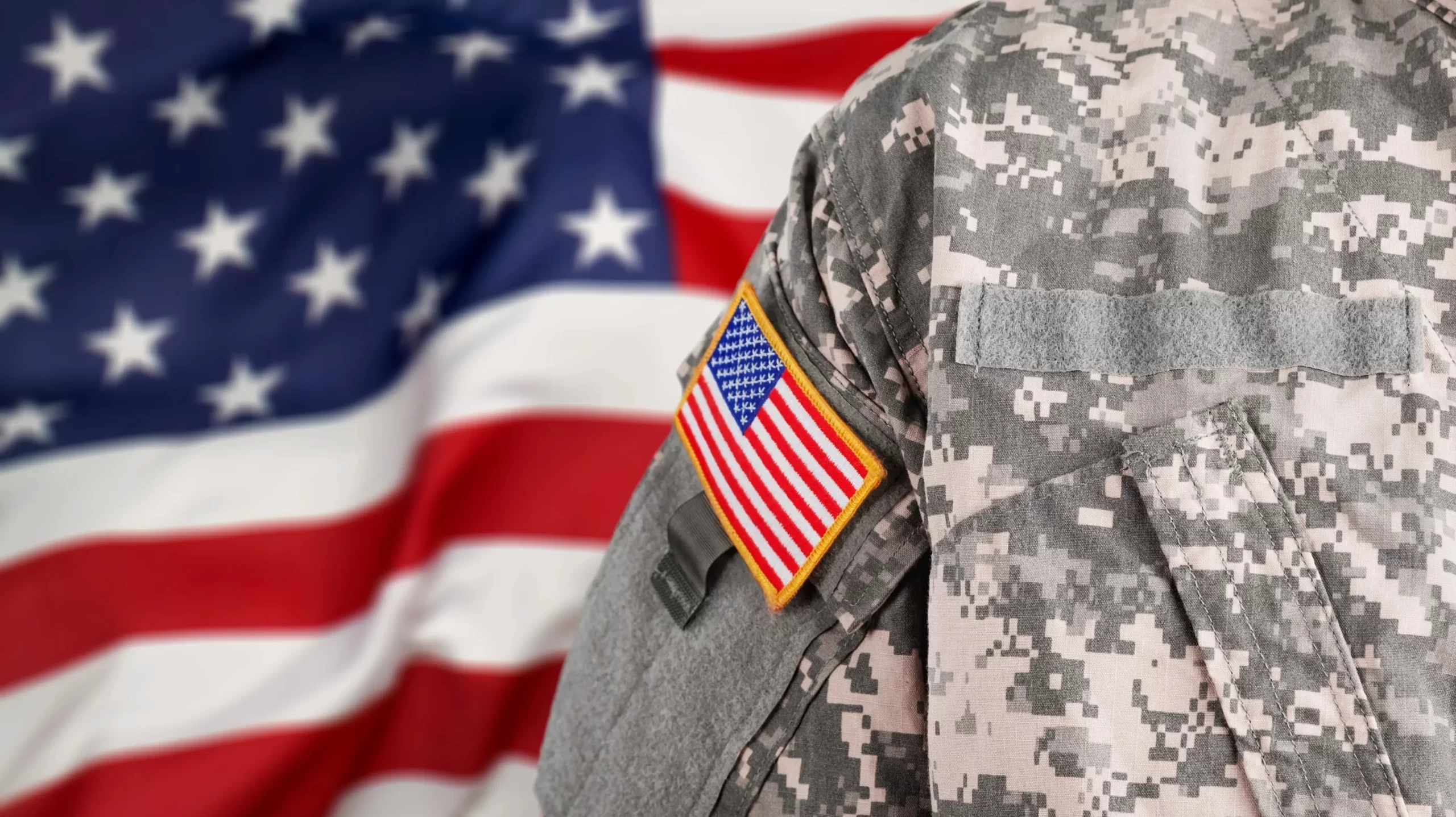On Friday, Montevallo, Alabama, becomes the center of a national conversation on veterans’ mental health. At 11 a.m., Liberty Hall at the American Village will host a Senate Veterans’ Affairs Committee field hearing titled “Separating Fact from Fiction: Exploring Alternative Therapies for Veterans’ Mental Health.” It is a rare moment of real momentum in addressing the crisis of veteran suicide and PTSD, and to his credit, Senator Tommy Tuberville helped bring the conversation home.
What gives this hearing weight is the caliber and diversity of the experts who will testify. From the VA, Dr. Ilse Wiechers, deputy executive director of the Office of Mental Health, and Dr. Miriam J. Smyth, who leads the Brain, Behavioral and Mental Health Broad Portfolio, represent the leadership shaping policy and research at the very core of veteran care. Their presence makes clear that the Department of Veterans Affairs is not merely watching from the sidelines but is actively engaging with therapies that once lived at the edges of science.
Joining them is a panel of innovators and advocates who embody the urgency of progress. Dr. Steve Levine, chief patient officer at Compass Pathways, brings both clinical expertise and a patient-first perspective from a company pioneering psilocybin-assisted therapy. Adam Marr, director of operations for the Veteran Mental Health Leadership Coalition, insists on describing these as “emerging therapies” rather than “alternatives,” underscoring their legitimacy and proximity to FDA consideration for conditions such as PTSD, depression and other service-related traumas. Alabama is represented directly through Dr. Jim Wright of UAB, who connects the discussion to our state’s research community. And perhaps most importantly, Brian Schiefer, an Air Force veteran who founded Spinal Cord Injury and Diving Innovation, brings lived experience to the table—a reminder that the stakes are measured in human lives, not academic theories.
For decades, therapies like psilocybin and MDMA were stigmatized, dismissed out of hand as dangerous or unserious. But mounting evidence shows their potential to provide rapid and lasting relief for veterans struggling with PTSD and depression, especially when other treatments have failed. The fact that the VA is now putting forward its own research leaders, and the Senate is holding hearings in Alabama, signals that these approaches are no longer dismissed as fringe but are being treated as legitimate avenues worth serious exploration.
Veterans and their families have waited too long while bureaucracy and stigma have slowed progress. Now the conversation is moving, and Alabama is part of it.
















































